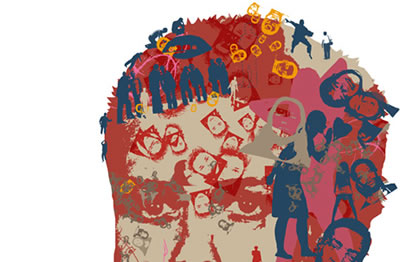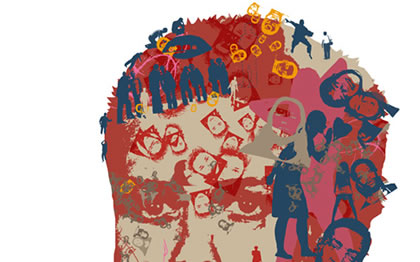It’s one of the great paradoxes of life that we all want to be happy, yet so few of us seem to know exactly where happiness comes from.
It’s one of the great paradoxes of life that we all want to be happy, yet so few of us seem to know exactly where happiness comes from. Happiness itself can be defined in many different ways, it may have all kinds of components, it may be a life’s work, or even no work at all, but we are, most of us, in pursuit of this elusive goal.
Psychologists have good and bad news about our search for happiness. The bad news is that we have essentially no control over 50% of our happiness levels. Happiness, like many of our other attributes is partially set by our genes. While these do interact to a certain extent with the environment, on a day-to-day basis this 50% can be considered immovable.
Continue reading “Sustainable Happiness: Why It’s All About the Day-to-Day”












